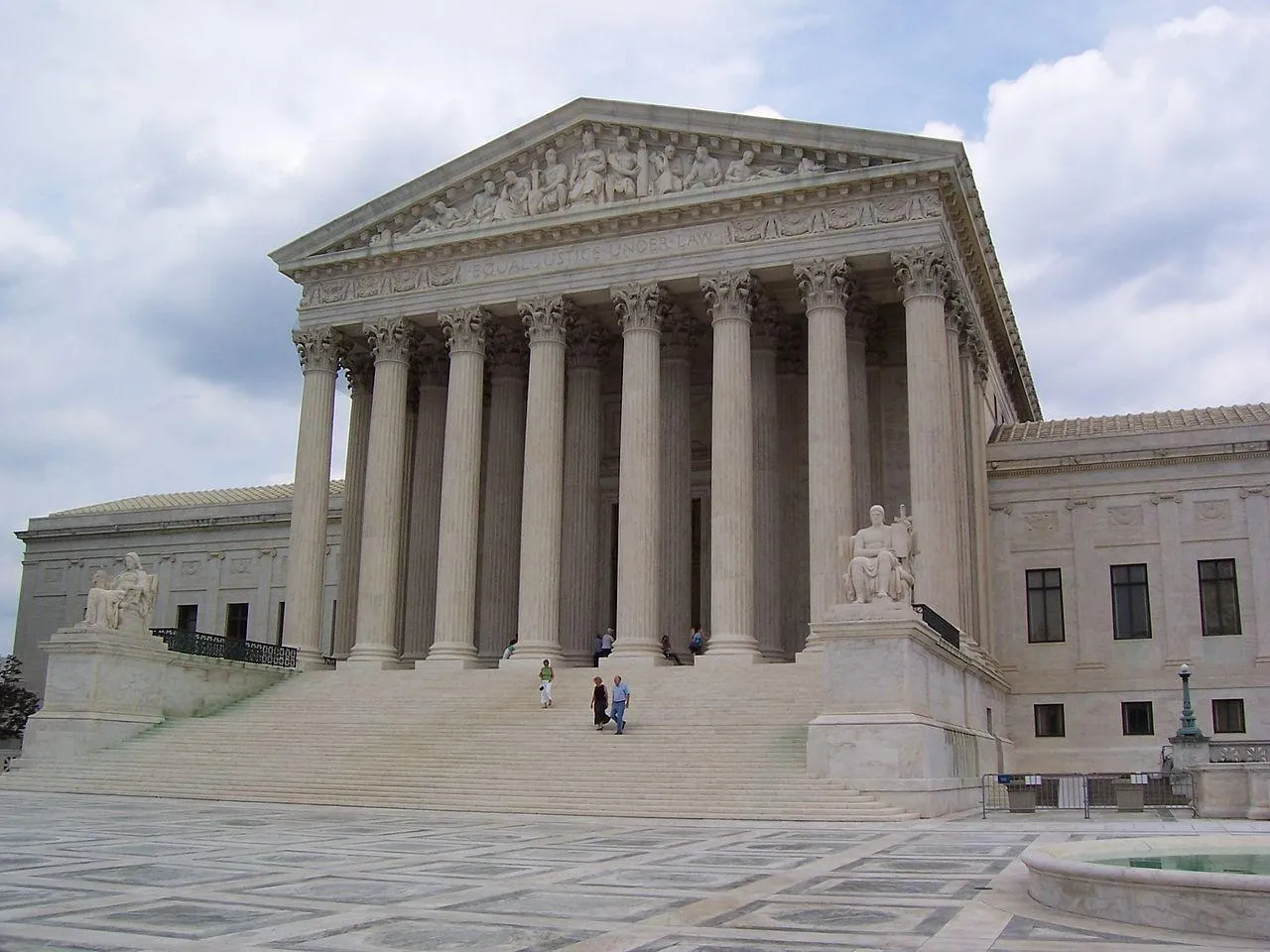In its current term (which ends in June 2024), the U.S. Supreme Court has decided to hear five cases which give it the opportunity to weigh in on issues of content moderation and the applicability of the First Amendment to social media.
Last month, the court heard arguments in two cases related to politicians “blocking” constituents on social media. O’Connor-Radcliff v. Garnier concerns school board members who blocked a set of parents from viewing (and therefore from commenting upon) their accounts on Facebook and X. Lindsey v. Freed involves a city manager who blocked a constituent on Facebook. The Supreme Court has said earlier, with respect to former President Trump, that when government officials use their social media accounts to discuss politics or policy, it becomes a public forum, and the public has a right to weigh in, without viewpoint discrimination.
Two other cases relate to state governments that have taken actions to limit the content moderation of social media companies. NetChoice LLC v. Paxton and Moody v. NetChoice LLC relate to Texas and Florida, respectively. The states had passed laws regarding the ability of social media companies to promote, demote, or delete posts, including demanding stronger protection for legal speech. NetChoice—a trade association representing several social media companies—argues that these laws would force platforms to host speech they do not want to, which they liken to compelled speech.




